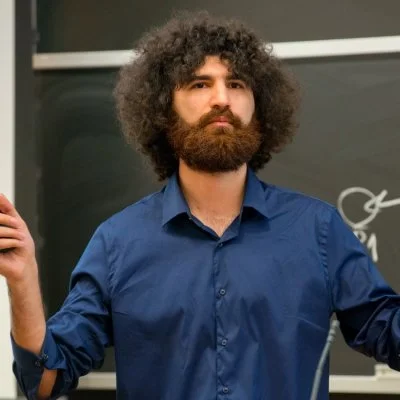Economists typically prescribe prices for guiding the allocation of scarce resources, arguing that the implicit selectivity of the price system helps allocate resources to those who value them the most. However, in many contexts, considerations such as fairness, equity, or consumption externalities provide arguments against using prices—and indeed, many ethicists and policy-makers opt for schemes that allocate resources free of charge to certain selected groups. The price system, they argue, directs resources to those who are able to pay the most, which may not match up with true needs or moral desert. The question of whether to use prices or priorities played out in the context of allocating vaccines during the Covid-19 pandemic. Although prices could help identify individuals with the highest private values for vaccines, most countries opted for a priority system with rationing. This paper derives the optimal scheme from economic primitives. The key insight is that while social considerations may indeed limit the role that prices play in the optimal mechanism, they are typically not sufficient to rule out prices completely. As a result, a priority system with rationing may coexist with a pricing scheme; such a hybrid mechanism allows the designer to leverage observable information while simultaneously screening for unobservable characteristics.
Mohammad Akbarpour is an associate professor of economics at Stanford GSB and (by courtesy) an associate professor of computer science at Stanford. His research bridges between economic theory and practical market design. In particular, his work on credible auctions (best paper award, EC'18) has been a subject of recent lawsuits in the market for online ads, and his kidney exchange research has inspired real-world kidney allocation algorithms. More recently, he has been working on the implications of inequality for market design, with applications in rent control, public housing, and vaccines allocation. In 2020, he was elected as a Sloan research fellow.

